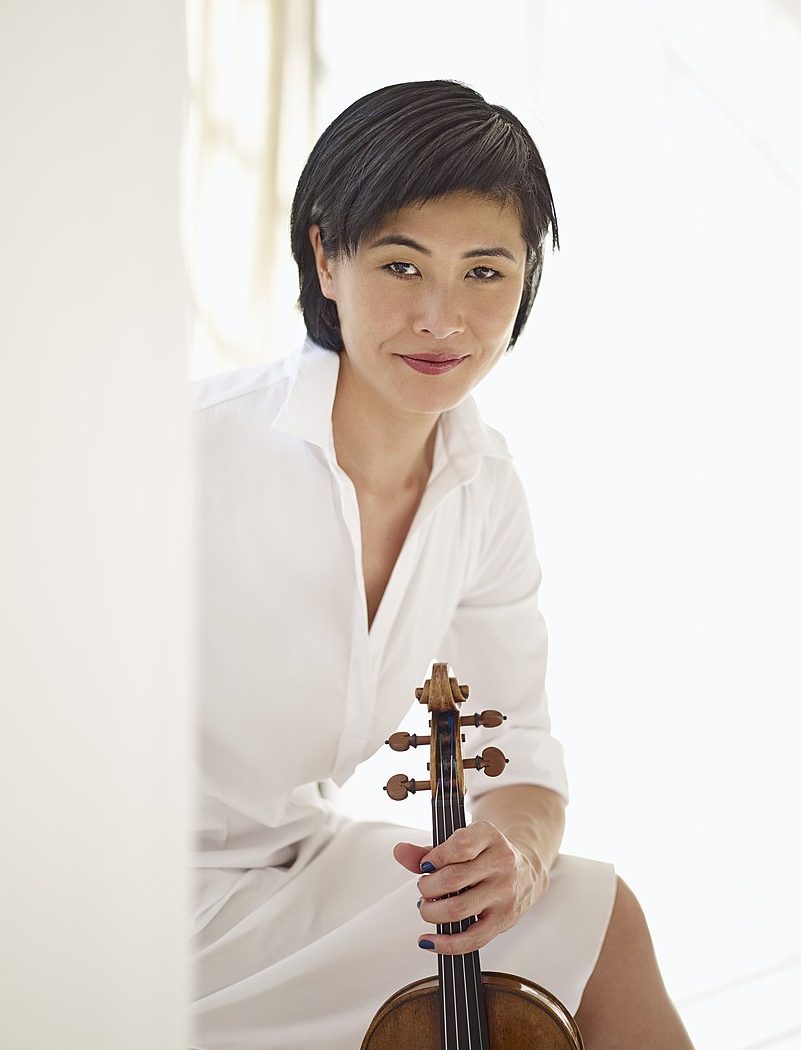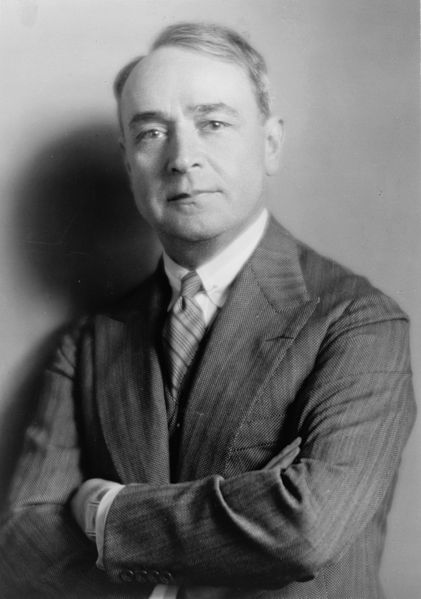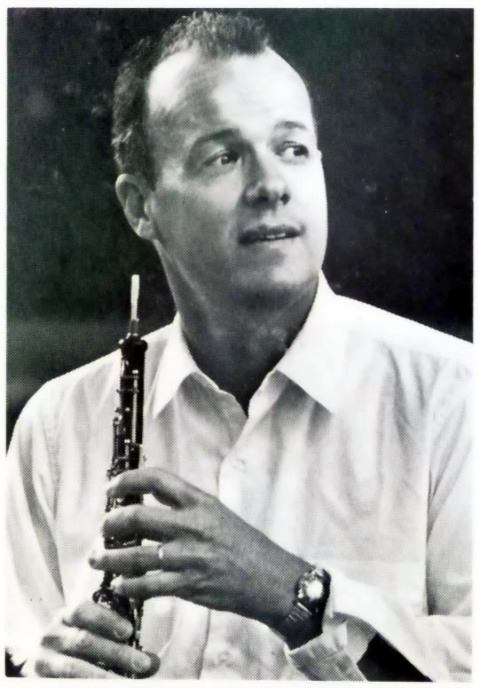by Stephanie Manning

In light of recent attacks against the Asian American community, prominent Asian classical musicians are speaking out in two recent articles in the New York Times.
In “A Violinist on How to Empower Asian Musicians,” Jennifer Koh (pictured) calls on the classical music industry to do better when it comes to artists of Asian descent. The renowned soloist, who graduated from Oberlin, details her experience as an Asian American woman in classical music, writing: “It is highly misleading to say that Asian Americans are overrepresented in what remains an overwhelmingly white and male field.” Read the full article here.
And in “Asian Composers Reflect on Careers in Western Classical Music,” Tan Dun, Du Yun, Bright Sheng, Unsuk Chin, and Huang Ruo discuss both their shared experiences and individual stories from their time in the Western classical world. Two of the five artists, Du Yun and Huang Ruo, are also graduates of Oberlin Conservatory. Read these powerful interviews here.
TODAY’S ALMANAC:
On this day in 1882, Richard Wagner‘s opera Parsifal premiered in Bayreuth, Germany. The German composer’s last completed opera, Parsifal (or Parzifal, as it was originally spelled) is based on an epic poem from the 13th century that tells the story of the knight Parzifal and his search for the Holy Grail.
This was the first work Wagner composed specifically for the acoustic of the Bayreuth Festspielhaus, which had opened seven years earlier. This year, in partnership with Deutsche Grammophon, the Bayreuth Festival will stream its 2016 performance of Parsifal online for free on August 10. Learn more here.

These recordings were made during the Russian-American conductor’s final years with the Orchestra, which he led from 1924 to 1949. His tenure was an exciting time of change, as the conductor commissioned works from major composers such as Stravinsky (Symphony of Psalms), Hindemith, Barber, and Copland.
Before his conducting career, however, Koussevitzky was a double-bassist who performed as principal bass at the Bolshoi Theatre Orchestra. He also gave solo recitals around Europe, and his repertoire included his own double bass concerto, composed in 1902. Listen to a performance by Luis Cabrera Martin and the Netherlands Philharmonic here.

While in Germany, de Lancie repeatedly visited Richard Strauss in the town of Garmisch-Partenkirchen, and suggested the composer write an oboe concerto. Strauss initially refused, but published one soon after, which is widely regarded as one of the best solo oboe works of the 20th century. The autograph of the score bears the inscription “Oboe Concerto – 1945 – suggested by an American soldier.” Read more about that story here.
After returning to America, de Lancie joined Philadelphia as second oboe and succeeded Marcel Tabuteau — his former teacher — as principal when Tabuteau retired. He remained in that position for 23 years, from 1954 to 1977, before passing off the seat to his student Richard Woodhams — extending the Tabuteau oboe lineage into the next generation.



